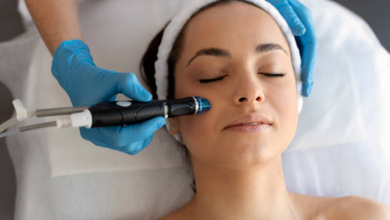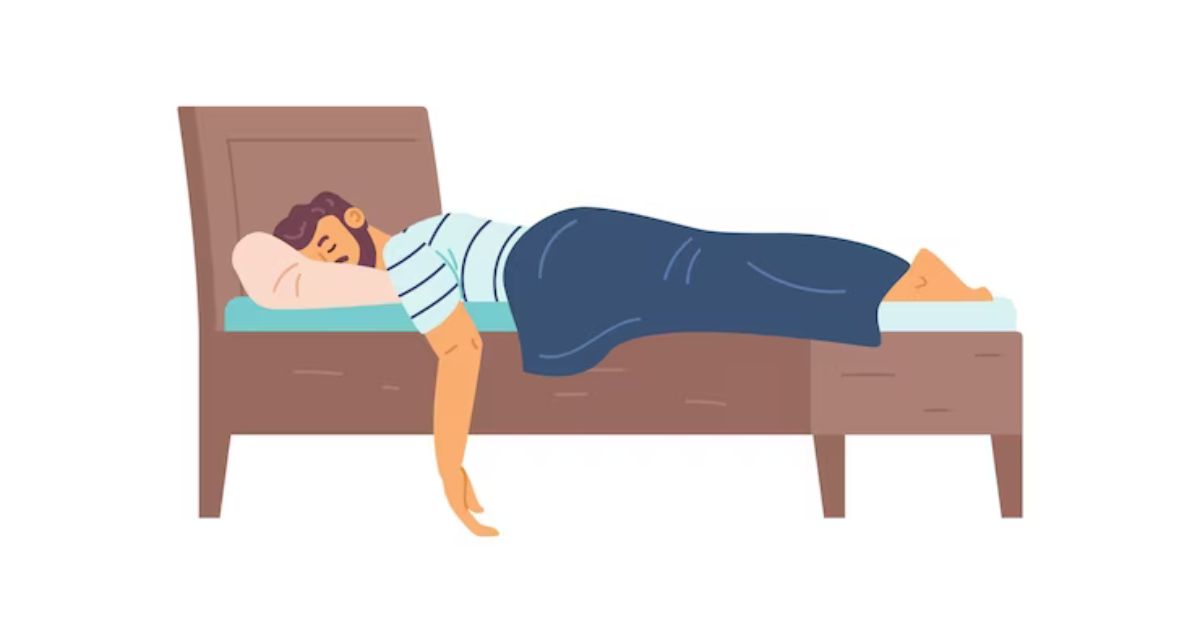The ABCs of Tooth Pain: Identifying and Managing Dental Emergencies

When it comes to dental health in the UK, most of us have experienced some form of tooth pain at one point or another. Whether it’s a sudden sharp twinge or a persistent ache, tooth pain can be both uncomfortable and distressing. In some cases, tooth pain can escalate into a dental emergency, requiring immediate attention from a dentist. In this guide, we will explore the ABCs of tooth pain, helping you identify and manage dental emergencies effectively with the help of the UK emergency dentist.
A is for Assessment
The first step in managing tooth pain is to assess the severity and nature of the pain. Not all toothaches are equal, and understanding the underlying cause can help you determine the appropriate course of action.
1. Sharp, Sudden Pain
- If you experience a sudden and sharp pain, it may be due to a piece of food stuck between your teeth. Try gently flossing to remove any debris.
- If the pain persists, it could indicate a cracked tooth or dental injury. Contact your dentist for an evaluation.
2. Throbbing or Persistent Pain
- A persistent, throbbing pain, especially when accompanied by swelling, may indicate an infection or abscess. This is a dental emergency that requires immediate attention.
- Until you can see a dentist, rinse your mouth with warm saltwater and take over-the-counter pain relievers as directed.
3. Sensitivity to Temperature
- Tooth sensitivity to hot or cold substances is common but can be managed with desensitising toothpaste.
- If the sensitivity is severe and sudden, it may indicate a cracked tooth or a dental fracture. Consult your dentist for a thorough evaluation.
B is for Bleeding
Bleeding from the gums or teeth is another sign that something may be amiss with your dental health. Whether it’s due to trauma, infection, or other factors, bleeding should never be ignored.
1. Bleeding Gums
If your gums bleed when you brush or floss, it could be a sign of gum disease (gingivitis or periodontitis). Consistent bleeding gums require a dental checkup and possible gum disease treatment.
2. Tooth Trauma
- If a tooth has been knocked out or partially dislodged, it’s essential to act quickly.
- Rinse the tooth gently with clean water, without touching the root, and try to place it back in its socket if possible.
- If reinsertion isn’t feasible, store the tooth in milk or a saline solution and seek immediate dental care.
C is for Cracked or Chipped Teeth
Cracked or chipped teeth are not just a cosmetic concern; they can lead to significant pain and complications if left untreated.
1. Cracked Tooth
- If you suspect you have a cracked tooth, avoid chewing on that side and opt for softer foods.
- Dental bonding or a crown may be necessary to repair a cracked tooth, depending on its severity.
2. Chipped Tooth
- A chipped tooth may not always be an emergency, but it’s essential to have it examined by a dentist.
- Depending on the extent of the damage, options may include dental bonding, veneers, or a crown.
D is for Dental Emergencies
Some dental issues require immediate attention from a dentist. If you experience any of the following, seek dental care promptly:
1. Knocked-Out Tooth
Time is critical when a tooth has been completely knocked out. The sooner you seek dental care, the better the chance of re-implantation.
2. Severe Toothache
A sudden and intense toothache, especially if accompanied by swelling or fever, can indicate an abscess or infection requiring immediate treatment.
3. Lost Crown or Filling
If a dental crown or filling falls out, it can expose the underlying tooth to further damage or sensitivity. Contact your dentist to have it replaced.
4. Broken Jaw
A broken jaw is a severe dental emergency. Keep the jaw immobilised and seek immediate medical attention.
E is for Everyday Dental Care
Prevention is the best way to avoid dental emergencies. Practising good oral hygiene and seeing your dentist regularly can help keep your teeth and gums healthy.
1. Brushing and Flossing
- Brush your teeth at least twice a day with fluoride toothpaste.
- Floss daily to remove food particles and plaque between teeth.
2. Regular Dental Checkups
Visit your dentist for regular checkups and cleanings. They can identify and address dental issues before they become emergencies.
3. Mouthguards
If you play contact sports or grind your teeth at night, consider using a mouthguard to protect your teeth from injury.
Final Thoughts
In conclusion, understanding tooth pain’s ABCs is crucial for effectively identifying and managing dental emergencies. Assess the nature and severity of your tooth pain, promptly address bleeding, and care for cracked or chipped teeth. Always seek professional dental care in emergencies, and prioritise everyday dental hygiene to prevent dental issues from escalating into emergencies. If, in case, you need an emergency dentist in Blackburn or any other place in the UK, you can book an appointment with an emergency dentist through Emerdency.



